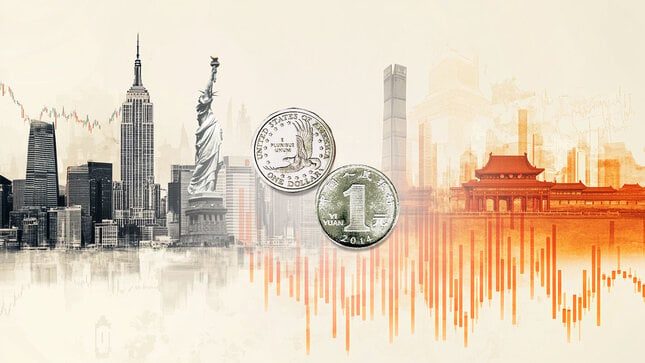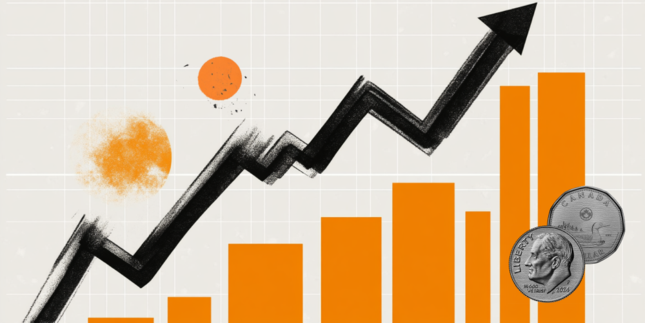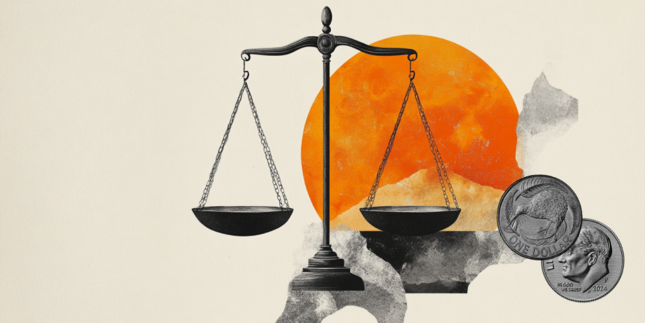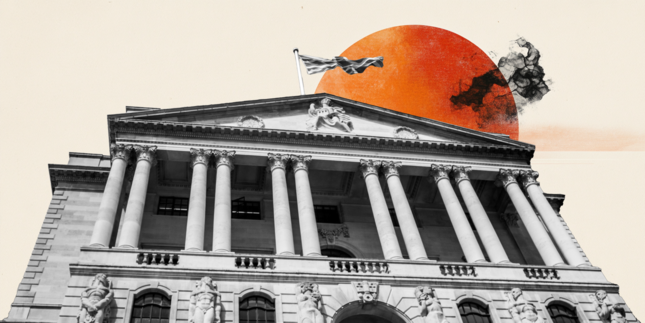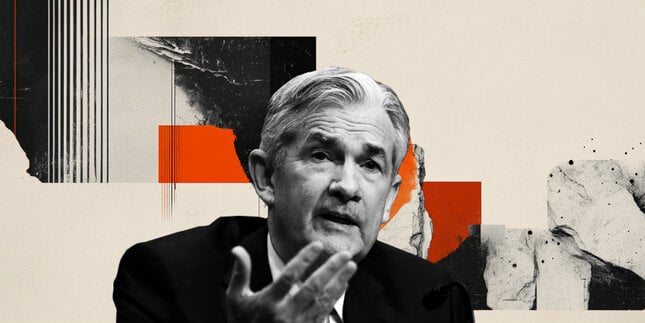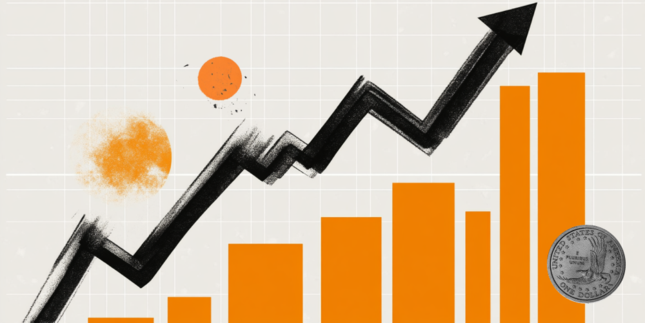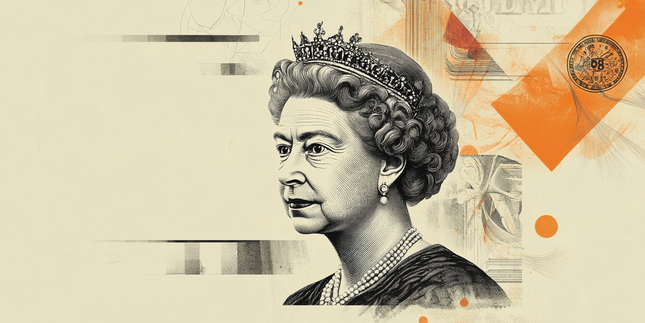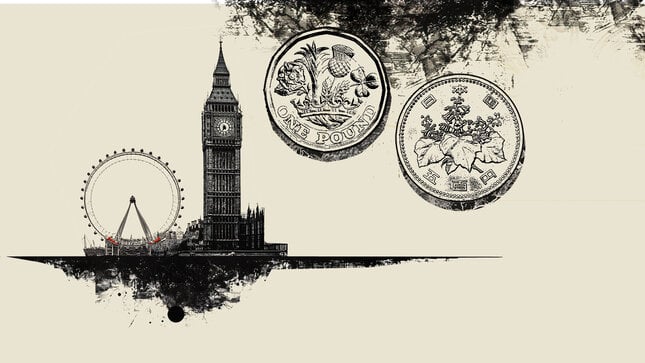-
Opps!
This language contents are not available!
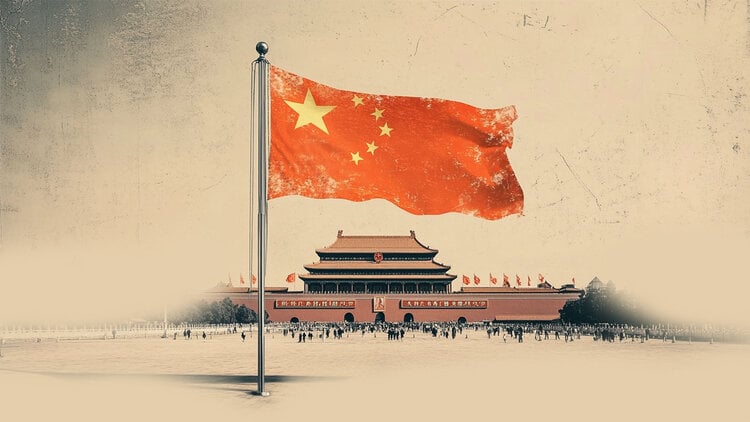
Chinese Embassy in the US: China will not compromise its principles in trade talks
Citing the Chinese Embassy in the United States (US), the Global Times, a highly influential China’s media outlet, stated on X early Thursday that Beijing is unlikely to lower tariffs before the talks in Switzerland begin.
Key quotes
“When asked to comment on the US’ statement that it will not lower tariffs before negotiations begin and has implied that the talks were not initiated by the US side, following China’s recent announcement of upcoming talks with the US side, a spokesperson for the Chinese Embassy.”
“Second, it is China’s consistent position to firmly oppose the US abuse of tariffs. China will resolutely safeguard its legitimate rights and interests, uphold international fairness and justice, and defend WTO rules and the multilateral trading system, according to the embassy.”
Market reaction
At the time of the writing, the US Dollar Index (DXY) is down 0.25% on the day while the Chinese proxy, the Australian Dollar (AUD) rebounds and drives the AUD/USD pair 0.54% higher near 0.6460.
US-China Trade War FAQs
Generally speaking, a trade war is an economic conflict between two or more countries due to extreme protectionism on one end. It implies the creation of trade barriers, such as tariffs, which result in counter-barriers, escalating import costs, and hence the cost of living.
An economic conflict between the United States (US) and China began early in 2018, when President Donald Trump set trade barriers on China, claiming unfair commercial practices and intellectual property theft from the Asian giant. China took retaliatory action, imposing tariffs on multiple US goods, such as automobiles and soybeans. Tensions escalated until the two countries signed the US-China Phase One trade deal in January 2020. The agreement required structural reforms and other changes to China’s economic and trade regime and pretended to restore stability and trust between the two nations. However, the Coronavirus pandemic took the focus out of the conflict. Yet, it is worth mentioning that President Joe Biden, who took office after Trump, kept tariffs in place and even added some additional levies.
The return of Donald Trump to the White House as the 47th US President has sparked a fresh wave of tensions between the two countries. During the 2024 election campaign, Trump pledged to impose 60% tariffs on China once he returned to office, which he did on January 20, 2025. With Trump back, the US-China trade war is meant to resume where it was left, with tit-for-tat policies affecting the global economic landscape amid disruptions in global supply chains, resulting in a reduction in spending, particularly investment, and directly feeding into the Consumer Price Index inflation.
Forex News
Keep up with the financial markets, know what's happening and what is affecting the markets with our latest market updates. Analyze market movers, trends and build your trading strategies accordingly.


